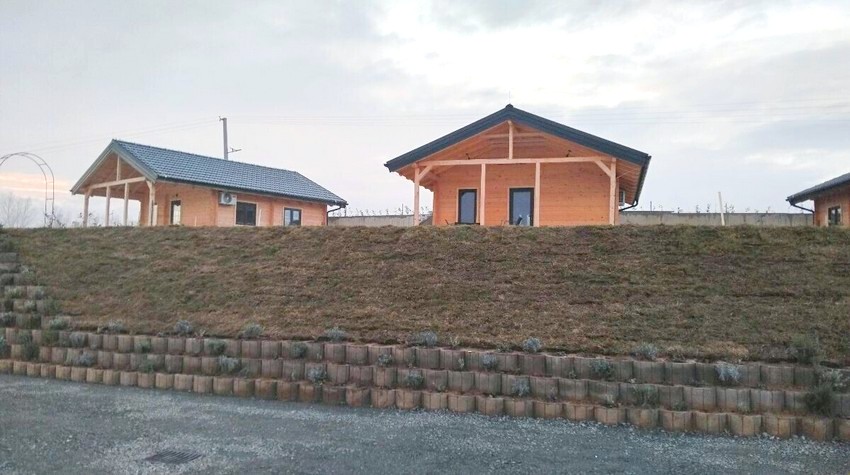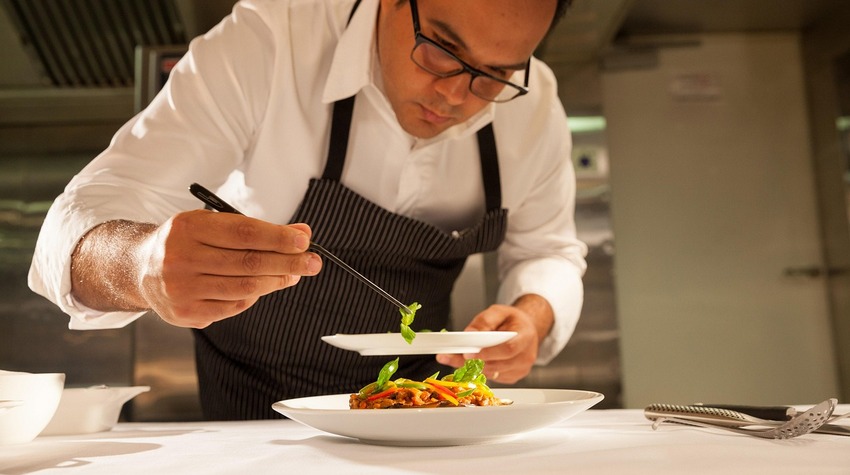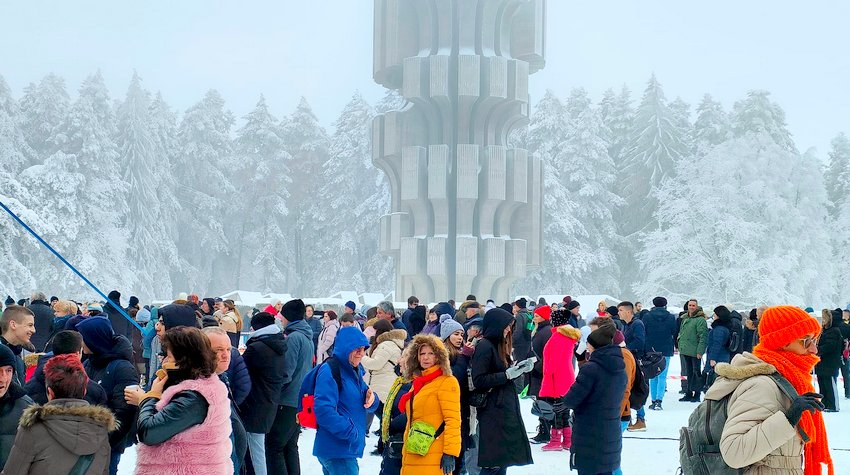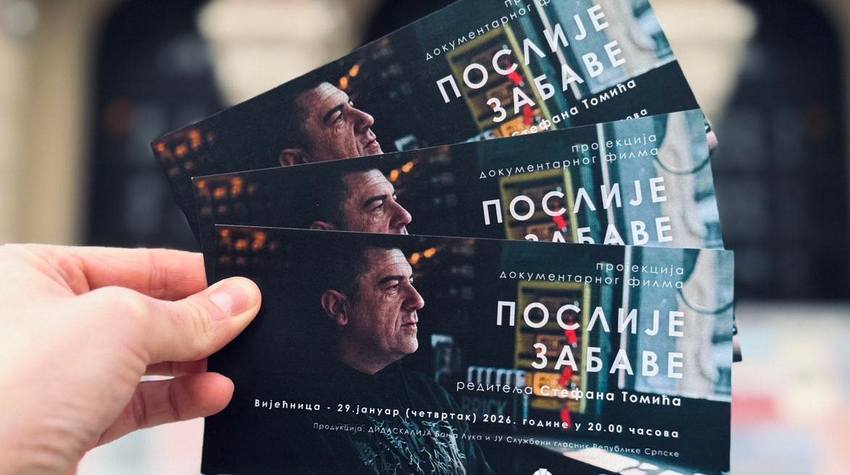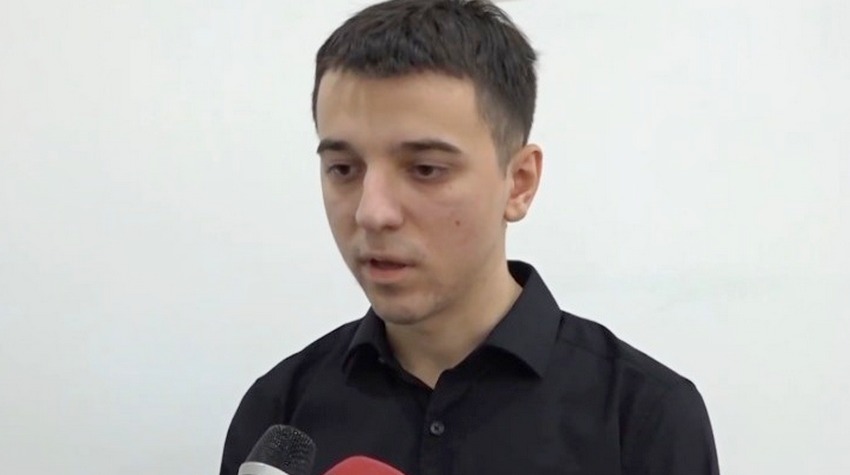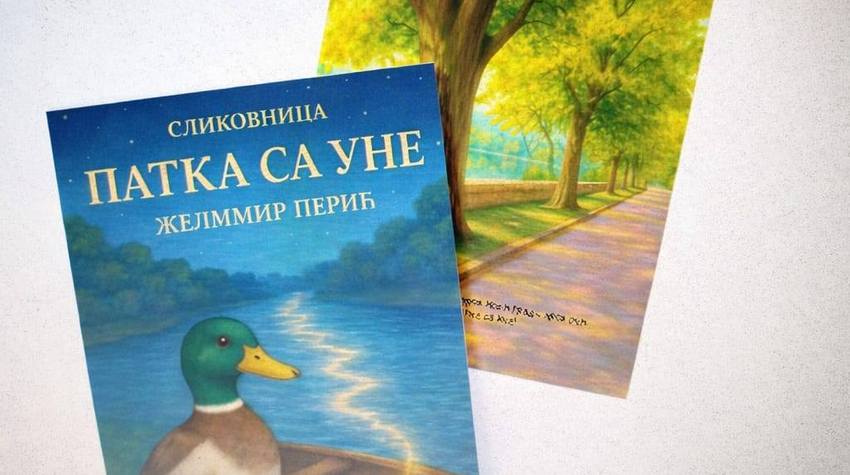VUK KARADŽIĆ RECORDED HOW CHRISTMAS WAS CELEBRATED IN THE PAST
Christmas is a holiday primarily focused on home and family. We celebrate it for three days, and if we include Christmas Eve, then we have a four-day celebration spent in peace and prosperity with our household members.
This holiday celebrates the birth of new life, and therefore, it is filled with the most beautiful religious customs and rituals, with the festive bliss felt in the days before and after Christmas. Vuk Karadžić, the father of Serbian literacy, has left a record of how the holiday was once celebrated among Serbs. Vuk Karadžić's account of Christmas dates back to a manuscript that was found wrapped in paper after his death, on which he wrote: 'The Life and Customs of the Serbian People.' This book was published in 1985 by 'Prosveta' and 'Nolit' based on the Vienna edition from 1867.
On the eve of Christmas, it was customary for young men to go from house to house singing carols.
Different songs are sung when arriving in front of a house, when the host comes out, with a special song if the host is wealthier, and a particular one for the hostess. There is also a special song for the daughter of the house, the daughter-in-law, and even specific songs for the animals in the household: the ox, the rooster, and the cat.
There is a special song for leaving the house as well. If the carolers stop at the dining table, they have a song for that, and others for walking through the village. On the night before Christmas, Yule logs are brought into the house and a fire is lit. The housewife scatters straw around the house and walnuts on it. In the morning, one of the household members brings water, part of which is sprinkled around, and the rest is used for cooking lunch. After feeding the livestock, the family has lunch.
Before the meal, they say prayers and exchange kisses, then the host collects all the candles and places them in the wheat.
Everyone kisses each other in turn, saying: Mir Božji!


